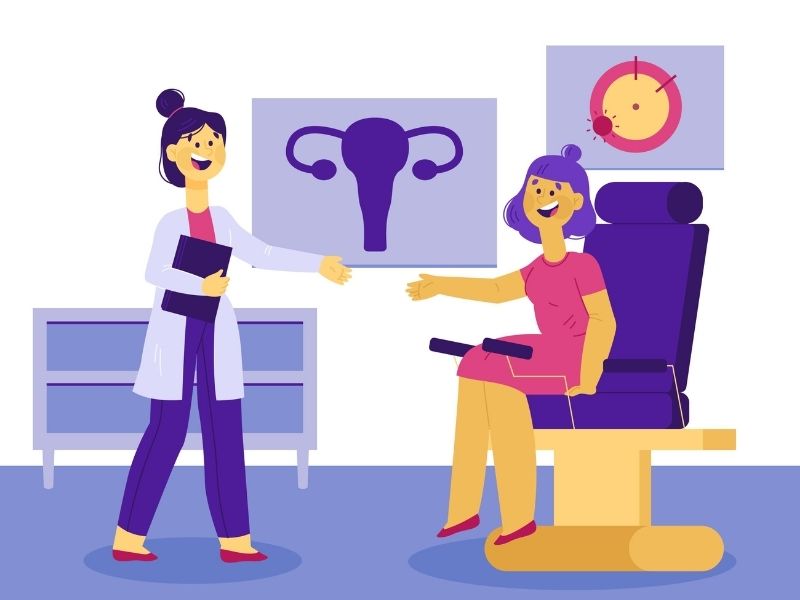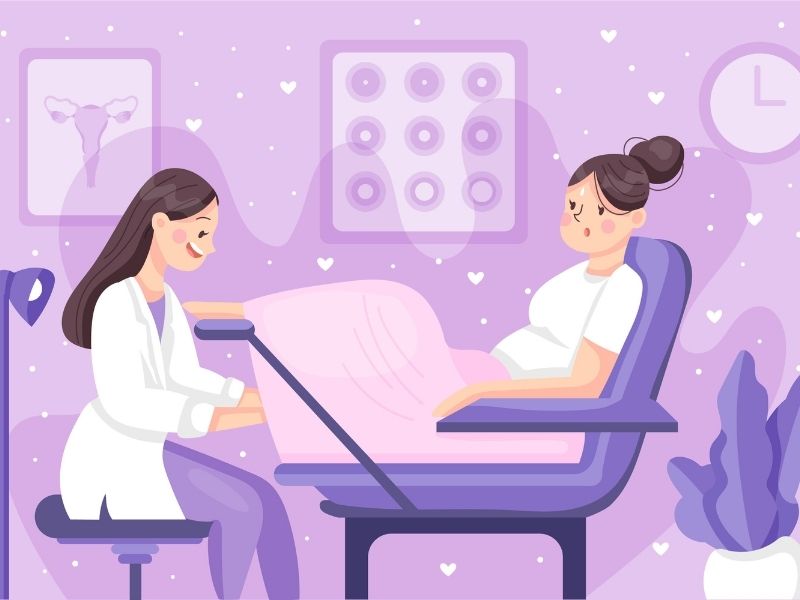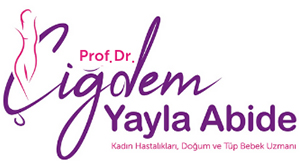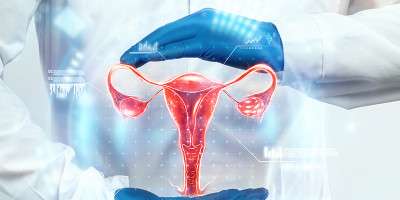Ovarian reserve is critically important for women, especially those planning for future fertility or facing fertility challenges. It encompasses various factors that influence a woman's potential for pregnancy in the future.
What is Ovarian Reserve?
Ovarian reserve refers to the total number of egg cells (oocytes) remaining in a woman’s ovaries and serves as a crucial indicator of her fertility capacity. Women are born with a finite number of eggs, which decrease over time. While ovarian reserve naturally declines with age, factors such as genetics, lifestyle, environmental influences, and overall health can accelerate this process. Women with a low ovarian reserve may have reduced chances of conception, which can make assisted reproductive treatments, like IVF, a viable option.
How is Ovarian Reserve Measured?
Ovarian reserve can be measured through several methods. One of the most common tests is measuring the Anti-Müllerian Hormone (AMH) level. AMH directly reflects ovarian reserve and can be determined with a blood test. Additionally, Follicle Stimulating Hormone (FSH) and Estradiol levels are measured on the third day of the menstrual cycle to provide further insights. Antral follicle count (AFC), which is conducted via ultrasound, counts the small follicles in the ovaries, giving an indication of the reserve. These tests help evaluate a woman's fertility potential and guide treatment options.

Low Ovarian Reserve Symptoms
Low ovarian reserve often does not present noticeable symptoms. However, some women may experience irregular menstrual cycles, reduced menstrual flow, or even missed periods. Difficulty conceiving or recurrent miscarriages can also be signs of low reserve. Early menopause symptoms, such as hot flashes, night sweats, and sleep disturbances, may appear in some cases. Women with a family history of early menopause are also at higher risk.
Treatment Options for Low Ovarian Reserve
Several treatment options are available for low ovarian reserve. Hormonal therapies aim to stimulate the ovaries to increase egg production. Medications commonly used in assisted reproductive technologies, such as IVF, support the ovulation process. Platelet-Rich Plasma (PRP) therapy may be applied to rejuvenate ovarian tissue. Additionally, lifestyle modifications such as a balanced diet, stress management, and vitamin supplements can help support ovarian health. For women with advanced age or severely low reserve, egg donation may be an option. The treatment plan is tailored according to the woman's age, overall health, and fertility goals.
Relationship Between Polycystic Ovary Syndrome (PCOS) and Ovarian Reserve
Polycystic Ovary Syndrome (PCOS) is a hormonal disorder characterized by the formation of multiple small cysts in the ovaries and has a complex relationship with ovarian reserve. While women with PCOS often have a high ovarian reserve, they may face issues with egg maturation and regular release, leading to fertility issues and menstrual irregularities. PCOS can result in ovulation disorders and difficulty conceiving. Therefore, assessing ovarian reserve in PCOS patients is essential for developing appropriate treatment plans and optimizing fertility potential.

Low Ovarian Reserve and Early Menopause
Low ovarian reserve is a key factor that increases the risk of early menopause in women. While menopause typically occurs between the ages of 45 and 55, women with low ovarian reserve may experience it at much younger ages. Early menopause presents with symptoms such as irregular periods, hot flashes, sleep disturbances, and emotional changes. This can shorten the fertility window and reduce the chances of conception. Early diagnosis and treatment can slow this process or allow fertility to be preserved through alternative reproductive methods.
Ovarian Reserve and IVF Treatment
In IVF treatment, the ovaries are stimulated with specific hormone medications to achieve the best possible outcomes. Even with low ovarian reserve, customized treatment protocols and dosage adjustments can help produce high-quality eggs.
Today, advanced medical techniques and treatment methods have significantly improved the chances of pregnancy for women with low ovarian reserve. Alternative options like egg donation and embryo freezing are also available. The most critical step in IVF is creating a treatment plan tailored to the woman's individual needs. With expert support and appropriate treatment, women with low ovarian reserve can also experience a healthy pregnancy journey.







